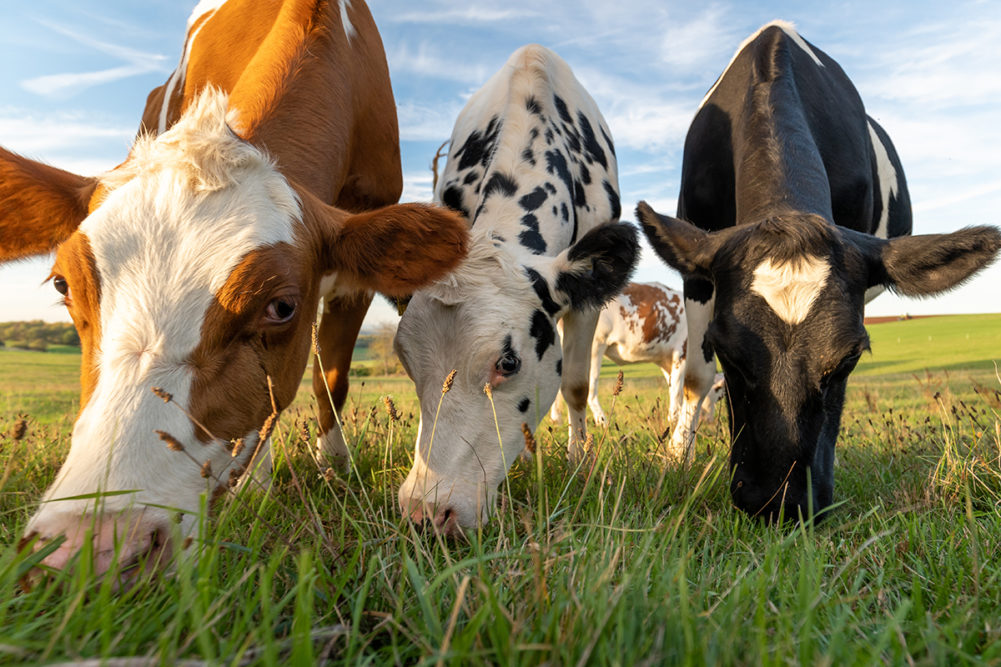DENVER — Colorado became the latest state to find dairy cows with highly pathogenic avian influenza (HPAI).
The US Department of Agriculture (USDA) and the Colorado Department of Agriculture confirmed the virus was diagnosed in dairy cows in Northeast Colorado.
Samples from the herd were submitted to the Colorado State University Diagnostic Laboratory on April 24, following a presumptive positive for HPAI. The USDA’s National Veterinary Services Laboratory confirmed the results the next day.
“We continue to see this ongoing HPAI outbreak evolve and over the last month have seen transmission of the virus now move into dairy cattle,” said Maggie Baldwin, DVM, veterinarian for the state of Colorado. “While we don’t yet completely understand the mechanism of transmission of this virus, we do know that it appears to be spreading from cow to cow and between herds. It is critically important that producers implement enhanced biosecurity measures to mitigate the spread of highly pathogenic avian influenza.”
The USDA has implemented restrictions on dairy cattle transported between states, including requiring them to be tested for HPAI and mandatory reporting of cows that are infected with the virus.
Since late March, the USDA, the US Food and Drug Administration (FDA), the US Centers for Disease Control and Prevention (CDC) and the National Animal Health Laboratory Network have investigated the emergence of HPAI in dairy cows.
Federal officials recently confirmed that the commercial milk supply is safe because of both the pasteurization process and the required diversion or destruction of milk from sick cows.
The FDA’s data are consistent with other studies showing the legally required temperature and time for milk pasteurization inactivate HPAI, according to a joint statement from the International Dairy Foods Association (IDFA) and the National Milk Producers Federation (NMPF).
The USDA has confirmed HPAI cases involving dairy cows in nine states: Kansas, Texas, Michigan, Ohio, North Carolina, New Mexico, Idaho, South Dakota and Colorado.

